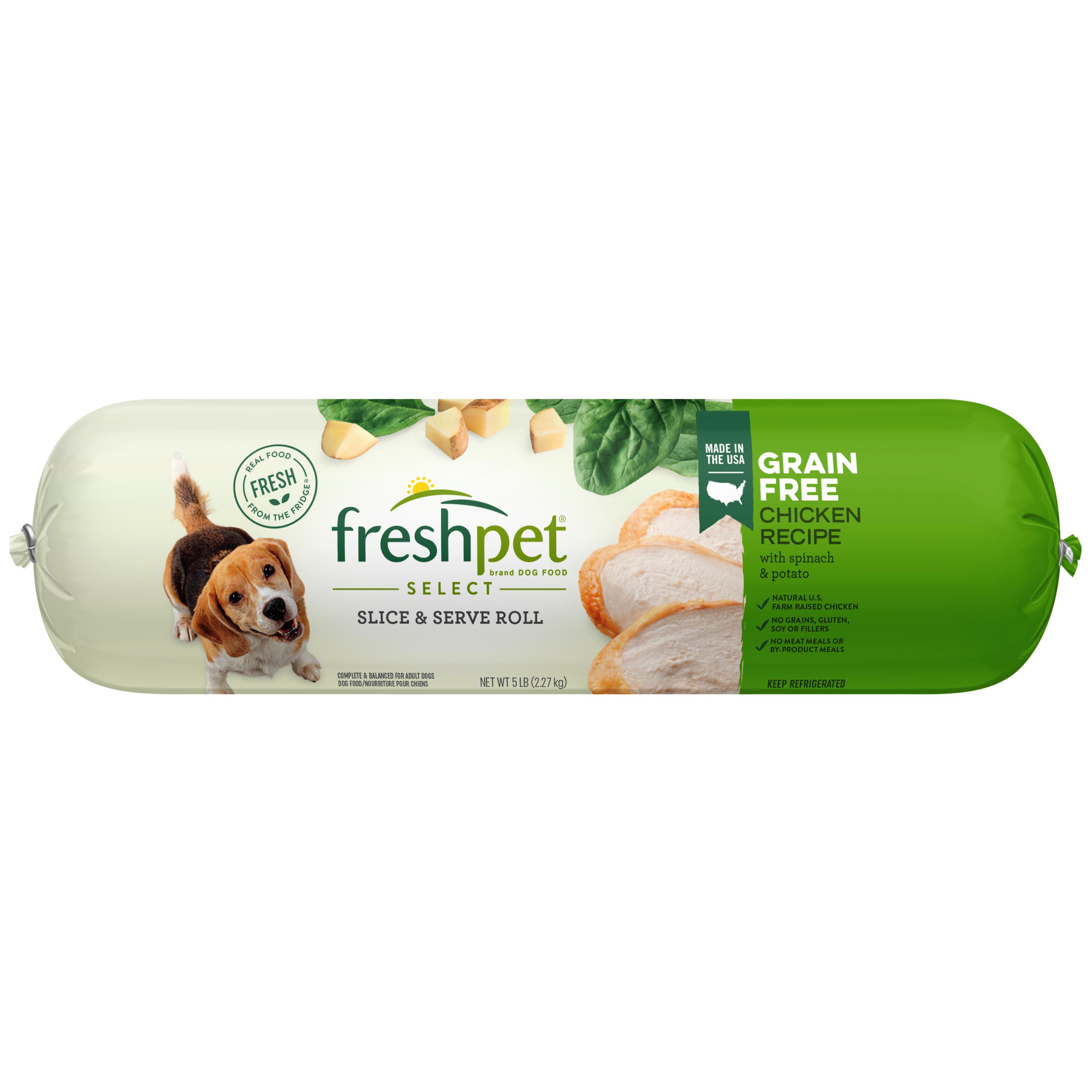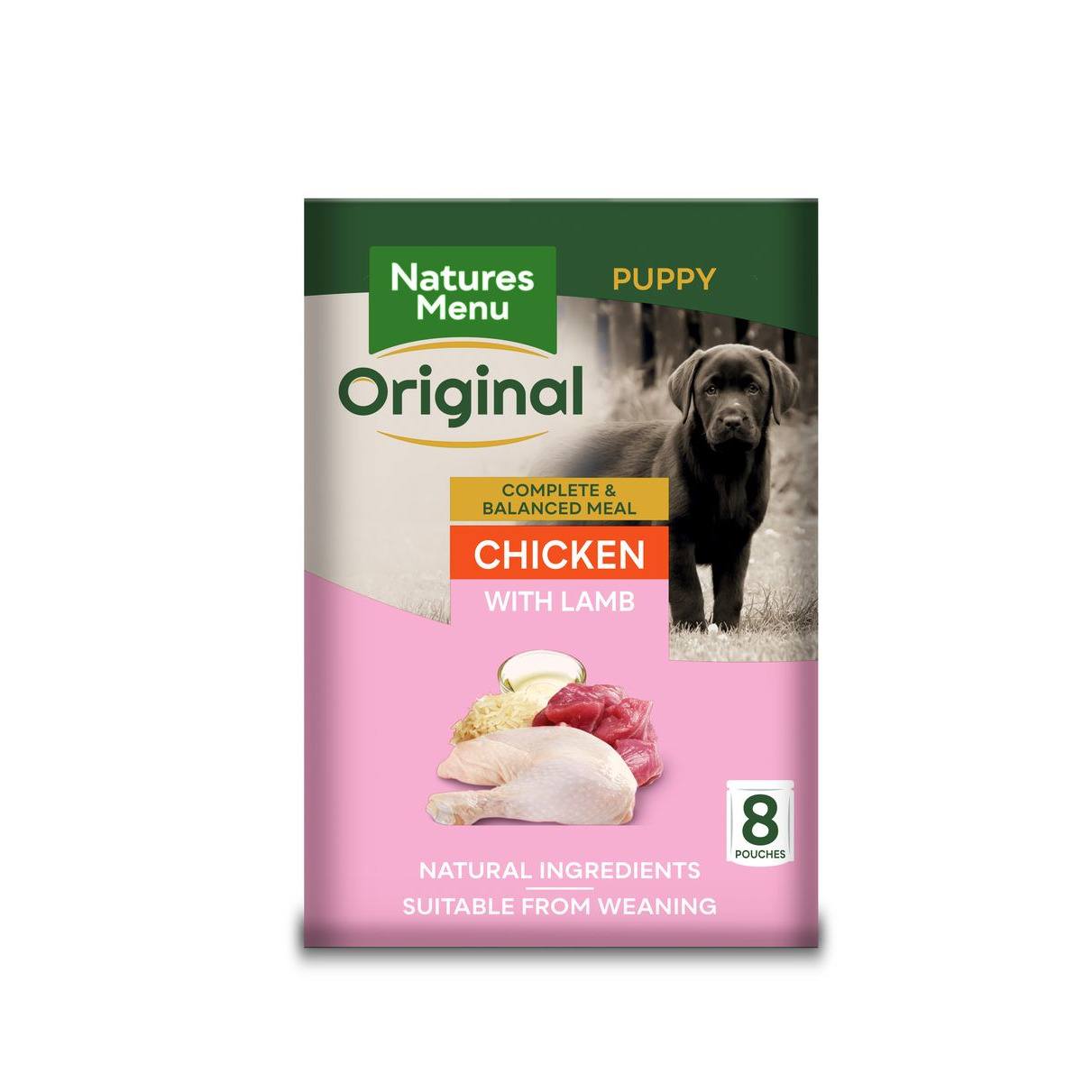
It is important to select a dog that will not take up too much space if you live in an apartments. An apartment would not suit a Basenji or herding dog, for example. These dogs require regular physical activity and mental stimulation. These dogs should be kept in a secure place. Other suitable choices include Chihuahuas, Bichon Frise, and Cavalier King Charles Spaniels.
Basenji
Basenji is an excellent apartment dog because it is one of few breeds that does not bark. This is a good thing for apartment dwellers as barking can make neighbors mad, especially if it's an apartment building. Although the Basenji barks at a low volume, it can also make other noises. This makes it perfect for apartments, but be aware that some apartment owners might not allow pets in their buildings. If this is a concern for you, consider getting a different breed.
Living in an apartment can be difficult because of the limited space. Apartments are often smaller than houses. However, they are easier and less expensive to maintain. A Basenji must be kept on a leash, exercise every day, and take daily walks. In addition, make sure you keep your Basenji clean and tidy. Small spaces make it hard to avoid unpleasant odors so be sure to keep your apartment clean.
Cavalier King Charles Spaniel
Cavalier breeds are named after their royal ancestors. The Cavalier breed was revived following World War II. In the 1920s, American fancier Roswell Eldridge travelled to England to buy two spaniels and discovered that the type varied widely. He decided to offer a prize of 25 pounds for the best male and female of "old type." Breeders were motivated to improve their stock by the prize incentive.

The Cavalier King Charles Spaniel, although it may seem strange, is an excellent choice for apartment living. The Cavalier King Charles Spaniel is a dog that is well-known for its calm nature and low energy levels. Although small, the Cavalier Charles Spaniel does not need to be exercised and is happy to hang out with you and other apartments dogs. The Cavalier Charles Spaniel can be small but cute in a studio apartment.
Bichon Frise
If you're living in an apartment, you may be wondering what dog breeds are best suited for this environment. Bichon Frises are a great choice due to their size and weight. They can be trained quickly and are under one foot tall. They are very social and enjoy being around other people. They make great guests and are hypoallergenic which makes them ideal for apartments.
As the name implies, the Bichon Frise is a small, happy dog with an outgoing temperament. This makes it ideal for apartments and small spaces. It's easy to train, and doesn't require much space or a large yard. It doesn't shed, making it an ideal apartment dog. However, it's important to keep in mind that they do tend to have high levels of energy and require lots of time for bonding with their owners.
Chihuahua
There are many benefits of owning a Chihuahua as a pet, and this small breed of dog is a great choice for apartment life. Chihuahuas can be energetic and need to exercise every day. Despite their small size, they can be vocal and alert if they notice a stranger. Chinese cresteds make great apartment pets. This small breed is a good choice for apartment pets because they have an average energy level and are great athletes.
Apartment dwellers rarely have the time or ability to take care of high-energy breeds. So, the best dogs to live in apartments are those that can adapt to apartment living. Apartment dogs are happy to walk 20-30 minutes to the beach or park each day, and spend most of their time indoors. It is difficult for small breeds to go outside as they don't hold their bladders as well as larger breeds.
Papillon

The Papillon breed is a small, soft coated dog. It is loved for its easygoing personality as well as its ability to please its owners. It is very energetic and playful but makes an excellent watchdog. Although it is an excellent companion for apartment living, they may require regular exercise. A fluffy coat requires daily brushing so it is not a great choice for people who lack the energy or time to maintain a healthy coat.
The Papillon's indoor potty training is a great advantage. This will make your apartment floors more clean and also keep your pet from making a mess. It is important that you remember that not all small dog breeds respond well to potty-training, but the Papillon does have a strong training record.
Doberman
Doberman pinschers are known to be excellent apartment dogs because they are highly trainable and intelligent. They will quickly learn how to behave in a new environment. They also shed little and can be kept clean. The Doberman is the ideal apartment dog. Many people look only at its size when thinking of adopting a pet dog.
Dobermans are small but very active dogs. They can run up to 40 MPH and are not easily tired. They can also chew on furniture and are great pets for apartment dwellers.
FAQ
Should I get a puppy or a kitten?
It really depends on who you are. Some people prefer kittens to puppies.
But, in general, puppies tend to be more active and playful. Kittens sleep a lot, and they are very gentle.
Both types require a lot from their owners. They will be able to grow quickly and require lots of care.
Regular medical checks will be required for them. This means that you will have to spend some time with them at the vet.
Which of the two is more difficult to train: dogs or cats?
Both. It all depends on the way you approach training them.
If you give them treats for doing what they're supposed to do, they'll learn faster. You can ignore them if they don’t listen. They’ll eventually start to ignore your commands.
There is no right or bad answer. It is up to you to find the best way for your dog or cat to learn.
How to make your pet happy
Pet owners often wonder about how to make their pets happy. Many pet owners buy treats, toys, and even clothes. But this might not always work because some pets don't like certain things. Some dogs, for example, can't bear sweaters.
It is important to find out why your pet doesn’t like something before you purchase it. You might find that your pet likes different types of food than you. Perhaps he is allergic to shoes.
Another tip is to play games with your pet. You can either use a ball or a Frisbee. Throw it around the room. You can also just throw it in the air, and watch it chase down. This game is fun for both of you. It's fun and relaxing too.
A good idea is to give your pet bathe once a week. It helps remove any dead skin cells. He will also enjoy a nice smelling bath.
It is vital to keep your pet happy and healthy. Do not give your pet junk food. Give him high-quality, nutritious food. Get him plenty of exercise. Get him outside to go for a run or to play fetch.
Spending time with your pet is a great way to bond. In fact, most pets prefer being with their owners rather than staying alone.
Don't forget to show unconditional love for your pet. Never yell at him. Be patient and kind to him. Be patient with him.
What's the best pet?
The best pet is one that you love. There is no single right answer. Every individual has his/her own opinion on the best pet.
Some believe cats are more intelligent than dogs. Others feel that dogs can be more loyal and loving than cats. Others argue that birds make the best pets.
No matter which type of pet you decide on, you have to choose what type of personality you want.
If you are outgoing and friendly, a dog may be right for you. A cat might be the best option for you if your personality is reserved and shy.
Also, consider the size of your apartment or house. If you have a small apartment, you will need a smaller pet. You'll need more space if you have a larger home.
Don't forget to give your pet lots of love and attention. They require regular food. They should be taken out for walks. They must be brushed regularly.
All these factors will enable you to select the best pet.
What should you think about when purchasing a pet for your family?
It is important to decide what kind of lifestyle and activities you would like for your family. Do you have children? If so, how many? Are they still young? Do they have any special dietary needs?
Are you concerned about allergies? Are there any other things you should know about your pet's health?
Now, you can think about whether you are looking to find an active companion, quiet lap dog or house-trained cat. Or perhaps a fish tank filled with tropical fish.
You should visit a shelter to meet the dogs and get to know them before you consider adopting them.
You'll also want to know if the animal has been vaccinated against rabies and other diseases.
Also, inquire about the owner's willingness to take care of your pet while you travel. This way, you won't have to worry about leaving your pet at home alone.
You should remember that pets are a part of your family and that you should not adopt them unless you truly love them!
What do you do if your dog bites somebody?
If you are attacked or threatened by an animal, ensure that it is not rabid. If this is not possible, then call for help. Do not attempt to solve the problem yourself. You may get seriously injured.
If the pet is not aggressive but bites, it should be taken to a veterinary hospital. Your vet will examine it and advise whether further treatment is needed.
Most cases will require rabies shots. These should never be administered by you. Only a qualified person should be able to do this.
How long should a dog remain indoors?
Dogs are naturally curious. Dogs require an outlet for their curiosity. If they don't have a place to go, they can be destructive. This can lead to many problems including property destruction and injury to others.
Outside, it is important to keep your dog on a leash. The leash protects dogs from being in trouble and allows them to explore their environment without fear.
If you keep your dog inside all day, he will become bored and restless. He may start to chew furniture and other objects. He could also develop health problems if his nails grow too long.
The best way to prevent these negative consequences is to let your dog run free at least once daily. You can take your dog for a walk in the neighborhood, ride in the car or to the park.
This will allow him to burn energy and give him something useful.
Statistics
- A 5% affiliation discount may apply to individuals who belong to select military, law enforcement, and service animal training organizations that have a relationship with Nationwide. (usnews.com)
- It is estimated that the average cost per year of owning a cat or dog is about $1,000. (sspca.org)
- Reimbursement rates vary by insurer, but common rates range from 60% to 100% of your veterinary bill. (usnews.com)
- Pet insurance helps pay for your pet's medical care, with many policies covering up to 90 percent of your vet bills. (money.com)
- * Monthly costs are for a 1-year-old female mixed-breed dog and a male domestic shorthair cat less than a year old, respectively, in excellent health residing in Texas, with a $500 annual deductible, $5,000 annual benefit limit, and 90% reimbursement rate. (usnews.com)
External Links
How To
The best way for a dog to learn where it should go to urinate is by teaching him.
Teaching your pet how to use the toilet correctly is essential. It's important to learn how to train them to use the toilet properly if your dog starts to venture outside. Here are some tips to keep in mind when teaching your dog to use the bathroom correctly.
-
It's important to begin training as early as possible. Training early is key if you want to avoid accidents during playtime
-
Food rewards are a good idea. It will increase your chances of success if you reward your pet for each successful trip to a potty.
-
Your pooch's area of peeing should be kept away from treats. This could lead to your dog identifying urine smell as his favorite treat.
-
Make sure there isn't another animal around before letting your dog out. Dogs who see their owners relieve themselves may believe it is normal.
-
Be patient. Your puppy might take a bit longer to figure things out than a fully grown adult.
-
Let your dog sniff everything before allowing her to step into the bathroom. If she can smell the toilet, she will learn more quickly.
-
While you are taking care of business, don't allow your dog to stand near the toilet. This could cause confusion.
-
Wipe down the toilet seat and floor after you're done. These areas will serve as reminders of what you need to do next.
-
Any messes must be cleaned up immediately. If your dog has an accident, clean it up quickly and thoroughly. You might have to give him another chance at relieving himself.